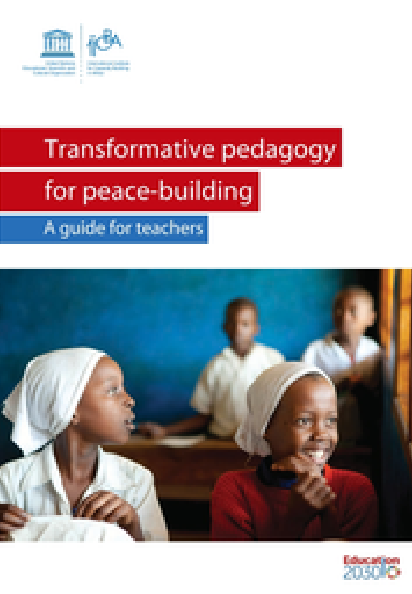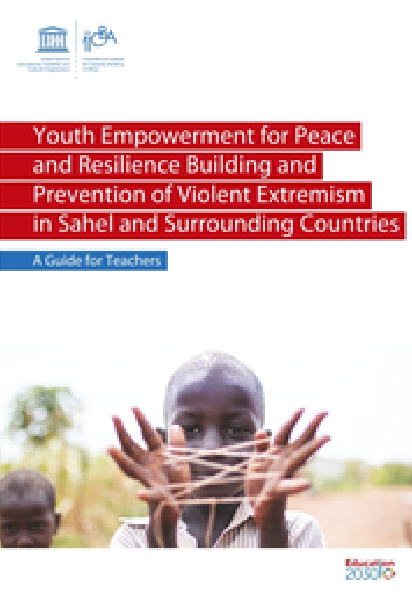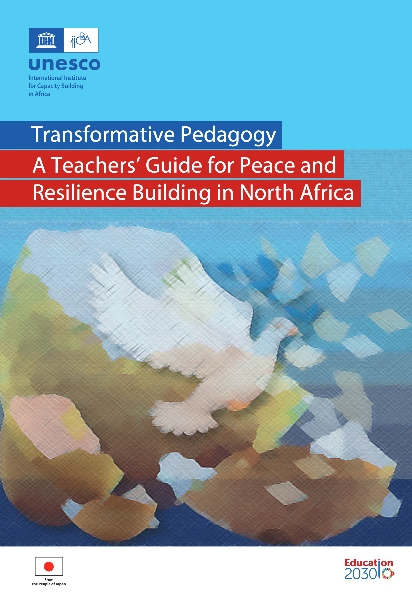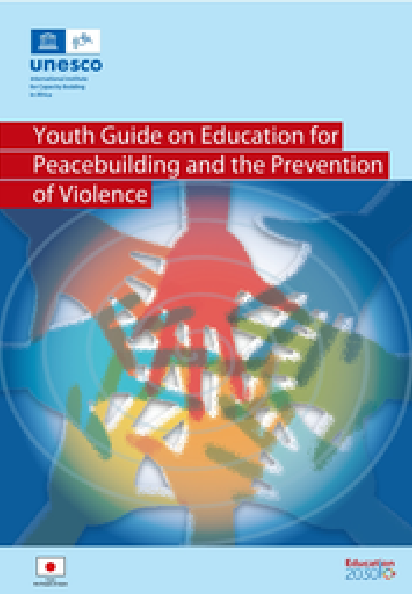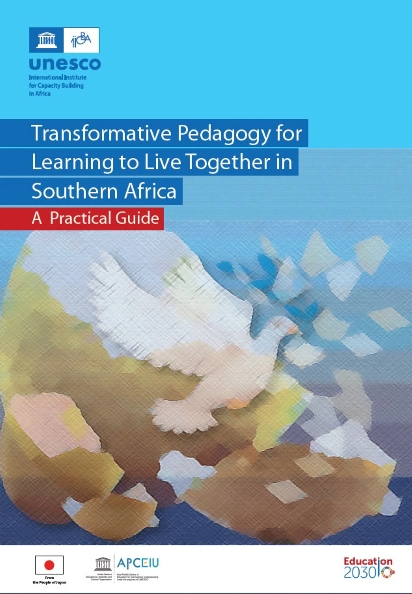405
university professors, educators and policymakers trained
13
onsite and online training of trainers’ workshops
5
guides and 1 online course developed
4
youth dialogues reaching 100 young people
4
thematic webinars with 240 participants
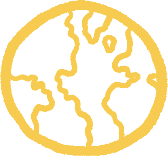
26
countries
Our contribution to the different interventions included technical support for onsite and online training of trainers’ workshops, the development of guides for teachers, guiding thematic webinars and youth dialogues, and providing technical support in the implementation at the local level.
This collaboration was developed to build the capacity of secondary school teachers and teacher educators at universities to integrate competencies for Learning to Live Together using the Transformative Pedagogy Approach.
The training workshops and guides examined the role of education and teachers in facilitating holistic learning experiences that foster the knowledge, skills and attitudes essential for the promotion of mutual understanding and social cohesion.
